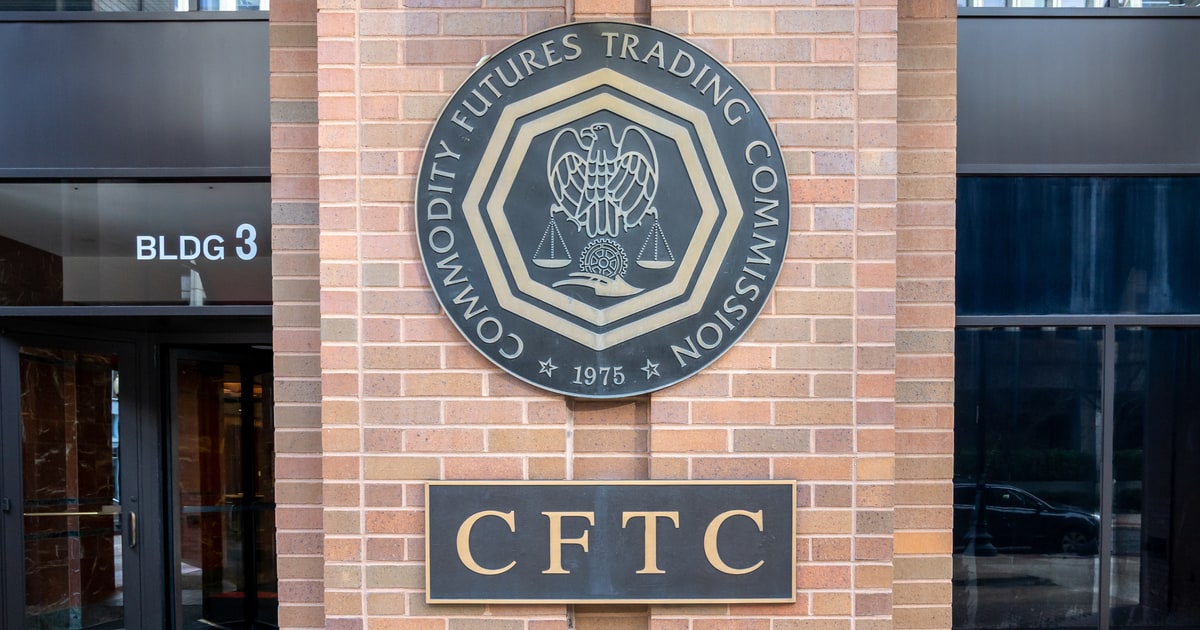CFTC Commissioner Clarifies the Agency's Sweeping Rights to Regulate Crypto Derivatives
The Commodity Futures Trading Commission (CFTC) can regulate all derivatives and futures trading in US markets. In a statement released on Monday, the agency’s Commissioner, Dawn D. Stump, claimed to clear up confusion about the agency's role on cryptocurrency-related products.

According to Stump, the agency has no regulatory powers to oversee commodities and securities as they may be classified. However, all forms of derivatives products are under the purview of the CFTC.
“The CFTC does not have regulatory authority over cash commodities - that is, the 03 CFTC does not regulate commodities (or those who buy, sell, or engage in activities relating to a cash commodity). Rather, the CFTC regulates futures contracts on commodities and other derivatives products such as swaps,”
The commissioner said, adding even if a digital asset is a commodity, it is not regulated by the CFTC. However, "the CFTC does regulate derivatives on digital assets, just like it regulates other derivatives.”
Stump said it “includes the regulation of trading, clearing, etc., of futures contracts and swaps on digital assets - such as the futures contracts on Bitcoin and Ether listed for trading on various CFTC-regulated exchanges.”
The lack of clarity on regulations has prompted the CFTC to stand against the SEC in issues bordering on cryptocurrencies. The commissioner highlighted the provisions in the Commodity Exchange Act (CEA) and some Federal securities laws that give the agencies the authority to regulate derivatives products bordering on assets tagged as securities. This will require firms or investors to seek more clarity on the proposed asset or investment product.
Commissioner Stump reiterated that the agency has the power to carry out enforcement actions on firms that violate the CEA or any of its rules. A notable example is the Seychelles-based cryptocurrency exchange, BitMEX, which recently entered into a $100 million settlement with the CFTC and Financial Crimes Enforcement Network (FinCEN).
Image source: Shutterstock
BitMEX Agrees to Pay $100M in Settlements to the CFTC of the US







